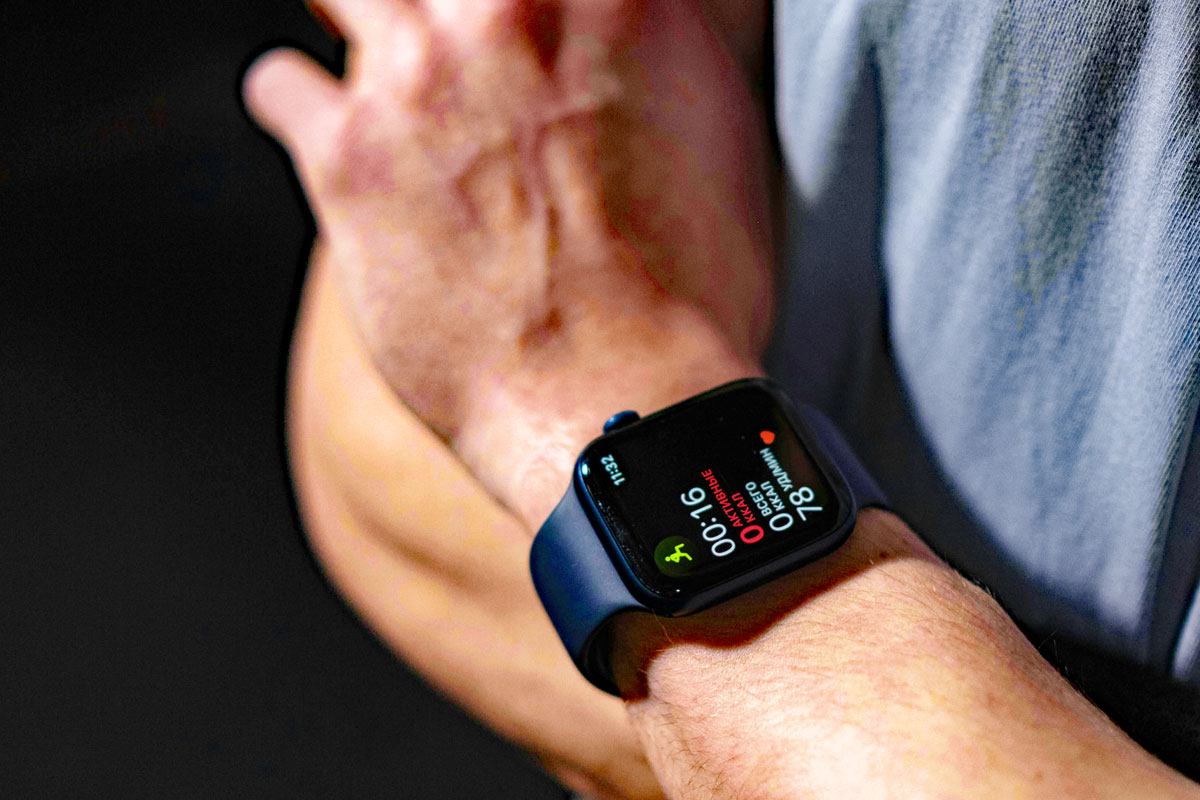Colon cleansing has gained popularity as a remedy for constipation and a method to improve digestive health. With numerous options available, ranging from over-the-counter laxatives to herbal cleansers and hydrotherapy, understanding the safest and most effective methods is essential. While many approaches promise quick relief, not all are equally beneficial, and some may even pose risks. This article explores the safest ways to cleanse your colon while considering individual health needs and potential side effects.
The Role of Colon Cleansing in Digestive Health
The colon plays a crucial role in the elimination of waste and absorption of nutrients. However, poor diet, stress, and a sedentary lifestyle can lead to constipation and sluggish digestion. Colon cleansing is often sought to address these issues, offering relief from discomfort and supporting overall gut health. While some methods focus solely on clearing waste, others aim to nourish the body and enhance the natural detoxification process of the liver, kidneys, and skin. Selecting the right method can make a significant difference in achieving long-term benefits.
Understanding Different Colon Cleansing Methods
Over-the-counter laxatives are among the most common solutions for constipation, typically taking eight to twelve hours to produce results. These are convenient but can lead to dehydration and electrolyte imbalances with prolonged use. Colon hydrotherapy, conducted by trained professionals, involves flushing the colon with water. Though effective for immediate relief, it requires sterile equipment and may disrupt the gut’s microbiome. Oxygen-based cleansers work by loosening waste through oxidation but lack the dietary fiber essential for optimal gut health. Herbal cleansers, however, offer a more holistic approach, supporting the body’s natural elimination processes and maintaining microbial balance.
Safety Tips for Colon Cleansing
When choosing a colon cleansing method, prioritizing safety and efficacy is crucial. Dehydration is a common side effect of many cleansing techniques. Drinking plenty of water helps maintain hydration and supports the elimination process. Avoid cleansers that merely purge waste without engaging the colon’s peristaltic muscles, as this can lead to dependency. Herbal cleansers containing natural ingredients like psyllium husk and aloe vera are less likely to disrupt the body’s natural rhythms and offer added benefits such as immune support. Ensure that your chosen method does not wash out beneficial gut bacteria, as this can weaken the immune system and impair digestion.
Consulting a Doctor Before Starting
Frequent constipation or diarrhea may indicate underlying health issues that require professional attention. Consulting a doctor ensures that you select a cleansing method suited to your specific needs. Pregnant or nursing women should avoid colon cleansers unless advised otherwise by a healthcare provider, as certain ingredients may affect the baby’s health. Additionally, individuals with allergies should carefully check product labels for potential allergens like gluten. Always inform your doctor if you are taking prescription medications, as some colon cleansers may interact with drugs or reduce their efficacy.
Colon Cleansing for Specific Medical Conditions
Individuals with diabetes should avoid cleansers containing dextrose, fructose, or sucrose, as these sugars can disrupt blood glucose levels. Similarly, those with inflamed appendices, fevers, or other serious health conditions should refrain from cleansing without medical advice. Children are particularly vulnerable, and colon cleansers are not recommended for them unless prescribed by a doctor. Proper storage of cleansing products is also essential to preserve their effectiveness and prevent accidental ingestion by children.
Maintaining Gut Health Through Nutrition
While colon cleansers can provide immediate relief, long-term gut health depends on a balanced diet rich in fiber, probiotics, and hydration. Fiber from whole grains, fruits, and vegetables supports regular bowel movements and nourishes beneficial gut bacteria. Probiotics found in fermented foods like yogurt and kimchi enhance microbial balance and overall digestive health. Drinking adequate water aids in the natural detoxification process and prevents constipation. Nutritional approaches to colon health not only address symptoms but also promote overall well-being.
The Benefits of Nutritional Colon Cleansing
Unlike mechanical methods, nutritional colon cleansing strengthens the body’s eliminatory organs, including the liver and kidneys. By supporting these systems, the body can efficiently eliminate toxins and maintain optimal health. Herbs like psyllium husk, licorice root, and slippery elm have been shown to soothe the digestive tract and enhance peristalsis. These natural remedies offer a gentler alternative to synthetic laxatives and contribute to long-term digestive health. Incorporating these herbs into your regimen can lead to improved energy levels, clearer skin, and better nutrient absorption.
Conclusion: Prioritizing Safety and Efficacy
Colon cleansing can be a valuable tool for improving digestive health when done safely and thoughtfully. By understanding the benefits and risks of different methods, you can make informed decisions that align with your health goals. Always consult a healthcare provider before starting a colon cleansing program, especially if you have pre-existing conditions or take medications. With proper guidance and a focus on nutrition, colon cleansing can support not just digestive health but also overall vitality and well-being. Choose wisely, prioritize hydration, and embrace a holistic approach to maintaining a healthy gut.
References:
1. Vopr Pitan. 1998 ;(1):39-42. Dietary fibers in diet therapy. PMID: 9606867
2. Infection and Immunity. 1973 July; 8(1): 30-35. Effect of Colon Flora and Short-Chain Fatty Acids on Growth In Vitro of Pseudomonas aeruginosa and Enterobacteriaceae. Department of Medicine, The Medical College of Pennsylvania, and the Philadelphia Veterans Administration Hospital, Philadelphia, Pennsylvania 19129.













